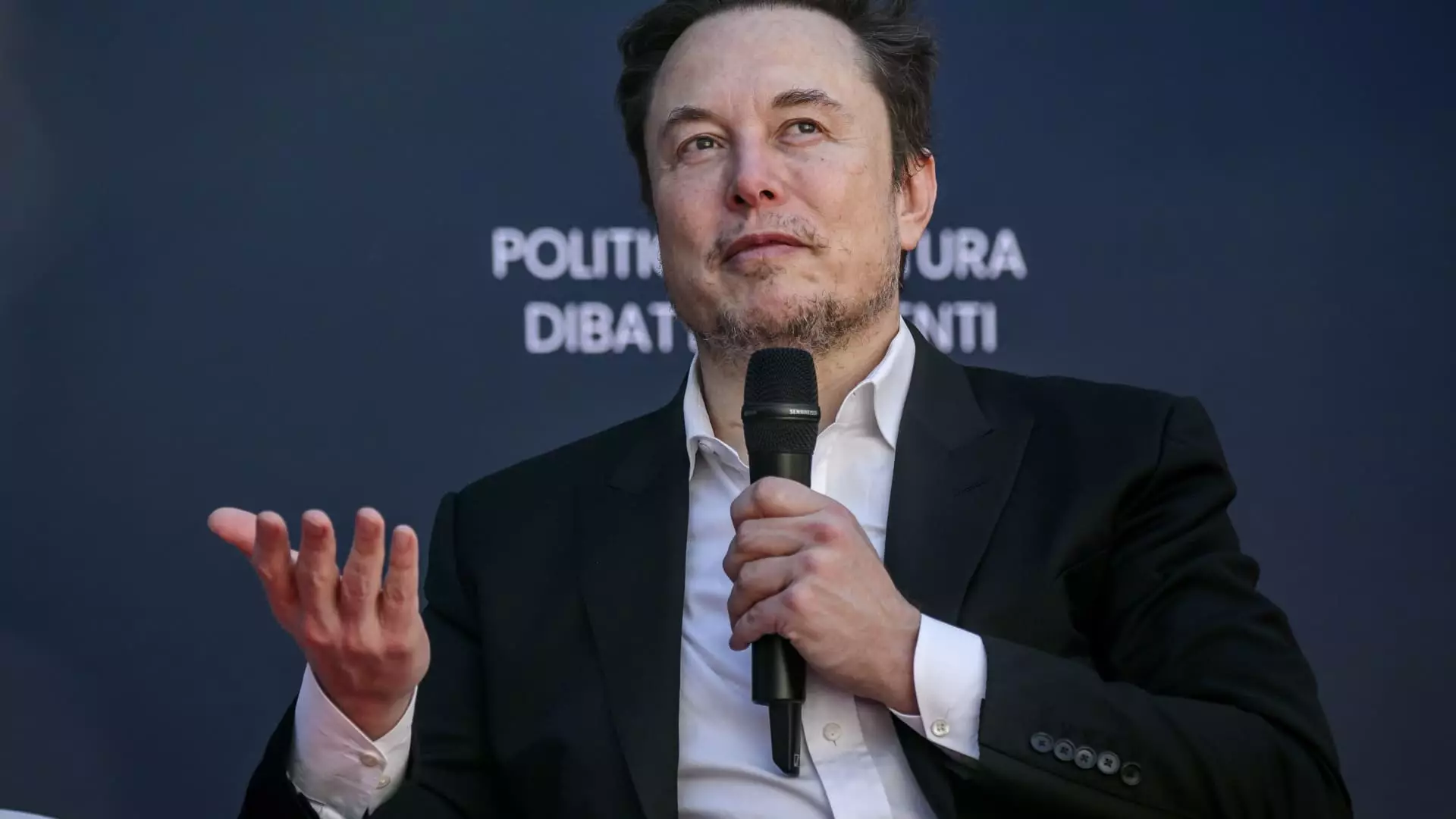Tesla, the renowned electric vehicle (EV) manufacturer, is set to announce its fourth-quarter earnings for 2023. The company has been at the forefront of the EV industry, but it faces several challenges and pressures that could impact its future growth and performance.
Earnings Expectations
Analysts predict that Tesla’s earnings will stand at 74 cents per share, with a revenue of $25.6 billion. These estimates are compiled by LSEG, formerly known as Refinitiv. It is worth noting that while other American automakers struggled to produce and sell a high volume of fully electric vehicles in the previous year, Tesla stood out by delivering 484,507 vehicles in the fourth quarter alone, and over 1.8 million vehicles throughout the entire year.
Tesla’s impressive delivery numbers can be attributed to significant price cuts implemented by the company. Consequently, Tesla achieved a record-breaking performance, even surpassing Chinese auto giant BYD in the last quarter of 2023. Although BYD had a better fourth quarter, Tesla remained the leader in sales of battery electric vehicles for the entire year.
Amidst its success, Tesla faces challenges related to rising labor costs and increasing union pressure. To remain competitive with automakers like General Motors, Ford, and Stellantis, where union representation exists, Tesla rolled out wage increases for many of its hourly factory employees in the United States. Furthermore, union pressure is mounting not only in the U.S. but also in Sweden and across Scandinavia. These factors could impact Tesla’s labor dynamics and overall profitability.
Tesla is currently dealing with a range of regulatory probes and litigation both in the United States and Europe. These legal challenges pose risks to the company’s reputation and can lead to financial burdens. Efforts to navigate these ongoing legal issues may divert company resources and management’s attention away from strategic priorities and innovation.
CEO Elon Musk, the face of the company, is facing more pressure than ever before. One of the main challenges for Musk is delivering on his promise of a software update that can enable existing Teslas to operate as self-driving robotaxis without any hardware changes. This expectation has put Musk under scrutiny, as shareholders anticipate progress on this revolutionary update.
Shareholders’ Concerns
Shareholders have submitted pressing questions via the Say Technologies platform before the upcoming earnings call. One major concern revolves around the release date of Tesla’s “next-generation” vehicle, which many fans refer to as the Model 2. Additionally, investors seek information on the number of orders received for the recently released Cybertruck and when the company plans to ramp up production of its 4680 battery cells and electric Semi truck at the Nevada Gigafactory.
Elon Musk’s recent statement about his discomfort in expanding Tesla’s AI and robotics efforts without having 25% voting control has raised eyebrows. Shareholders have expressed concerns about Musk’s demand to maintain influence over major company decisions. Some investors, including long-time Tesla bull Ross Gerber, perceive this as an attempt to blackmail shareholders, who believe that Musk already has substantial control over the company through his influence on the board.
As Tesla announces its fourth-quarter earnings for 2023, the company is in the spotlight both for its remarkable sales performance and the challenges it faces. Rising labor costs, union pressure, ongoing regulatory probes, and litigation present hurdles that Tesla must overcome to maintain its success. Additionally, shareholders eagerly await updates on new vehicle releases, battery production, and Musk’s control over the company. Tesla’s ability to address these challenges while continuing to innovate will define its future trajectory in the highly competitive EV market.


Leave a Reply